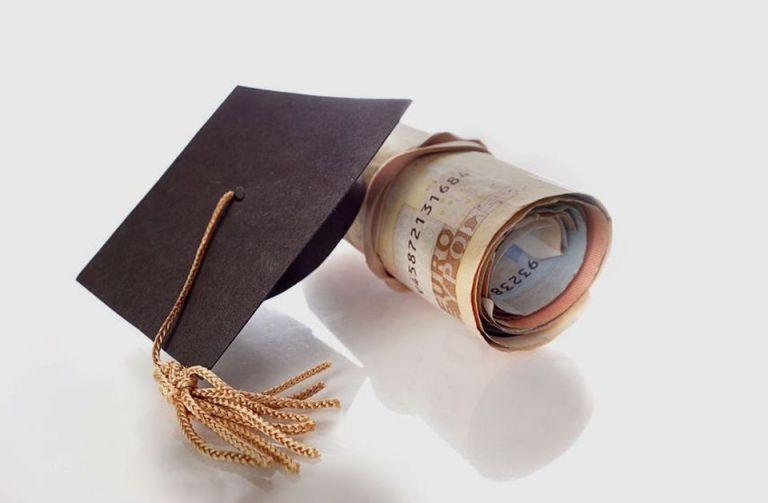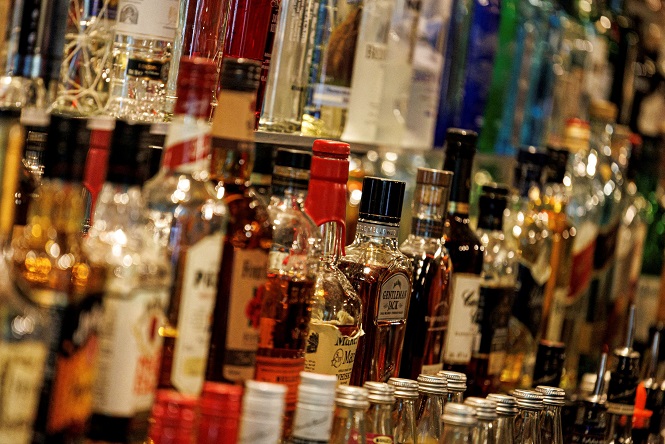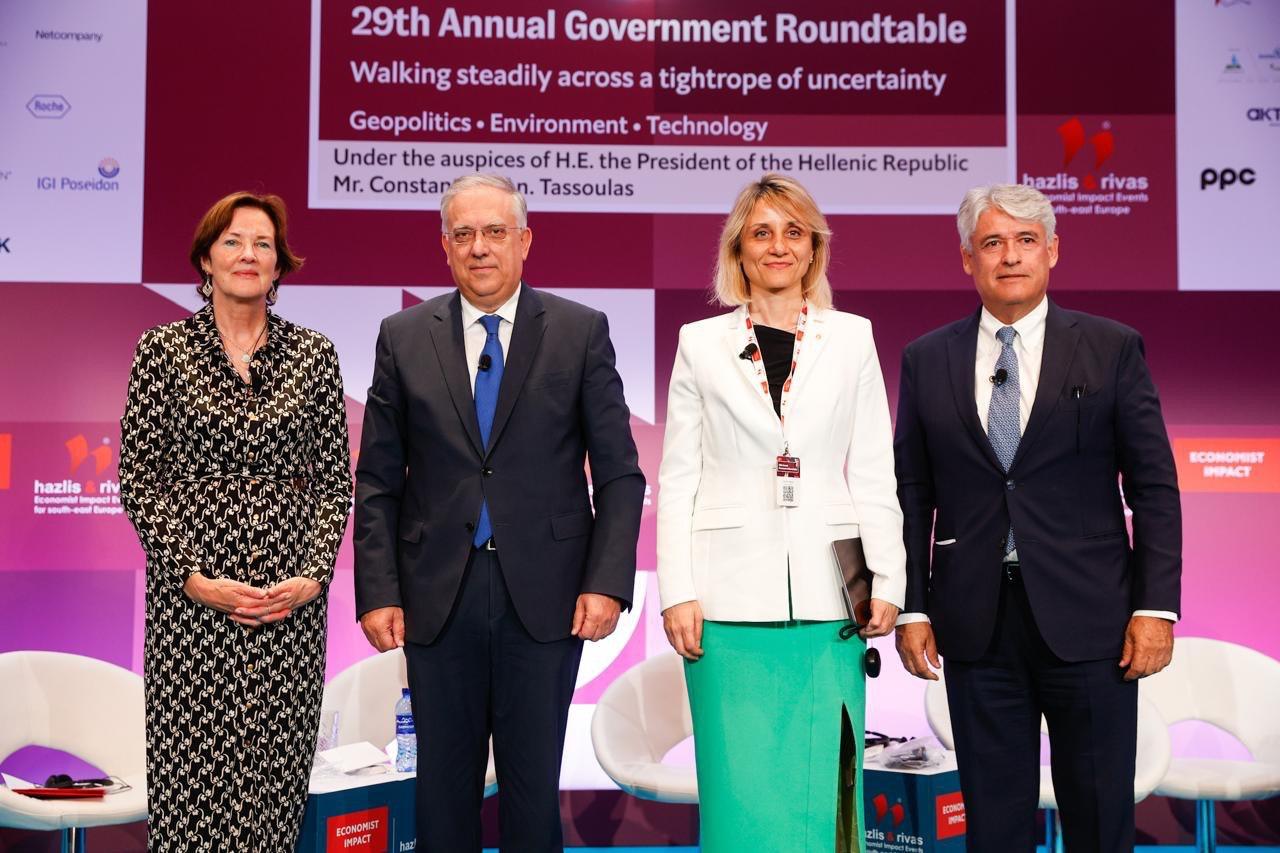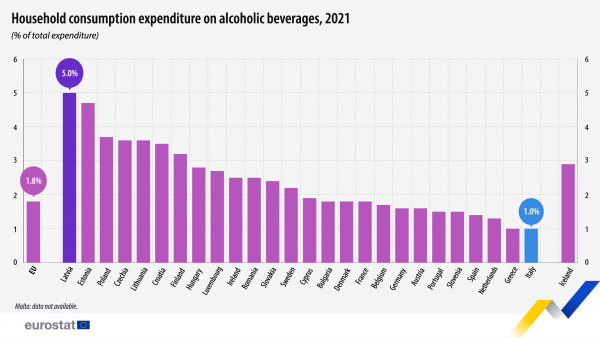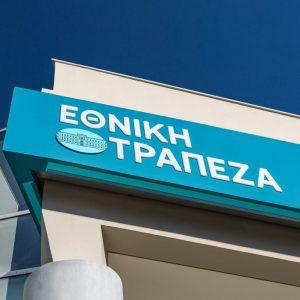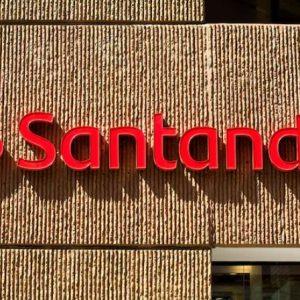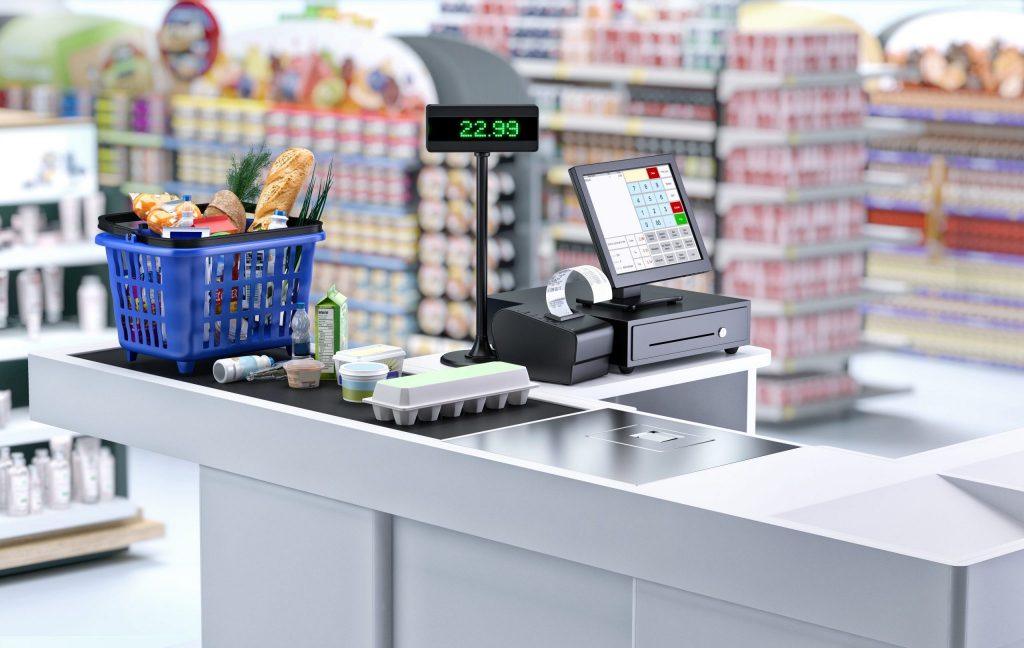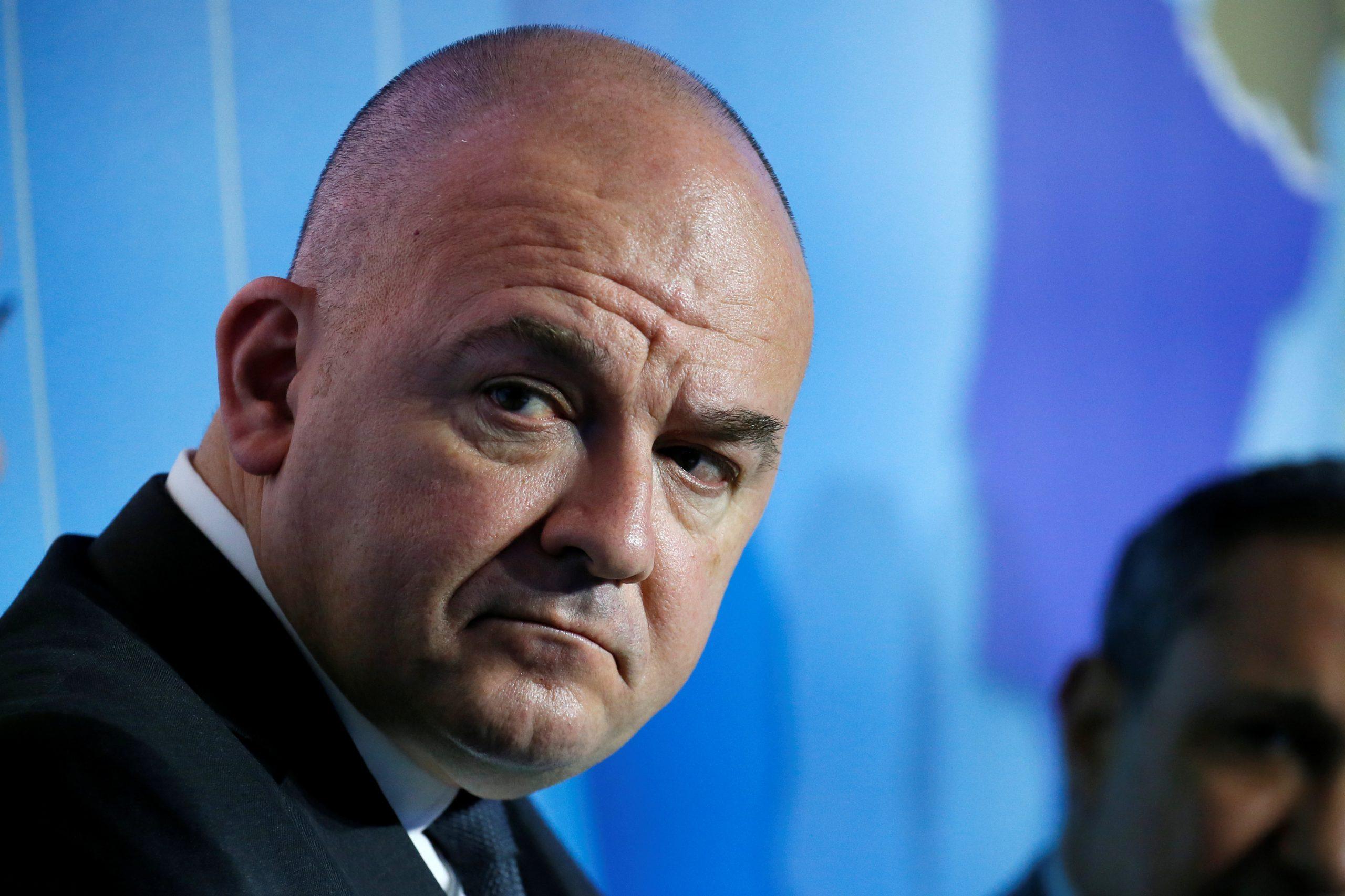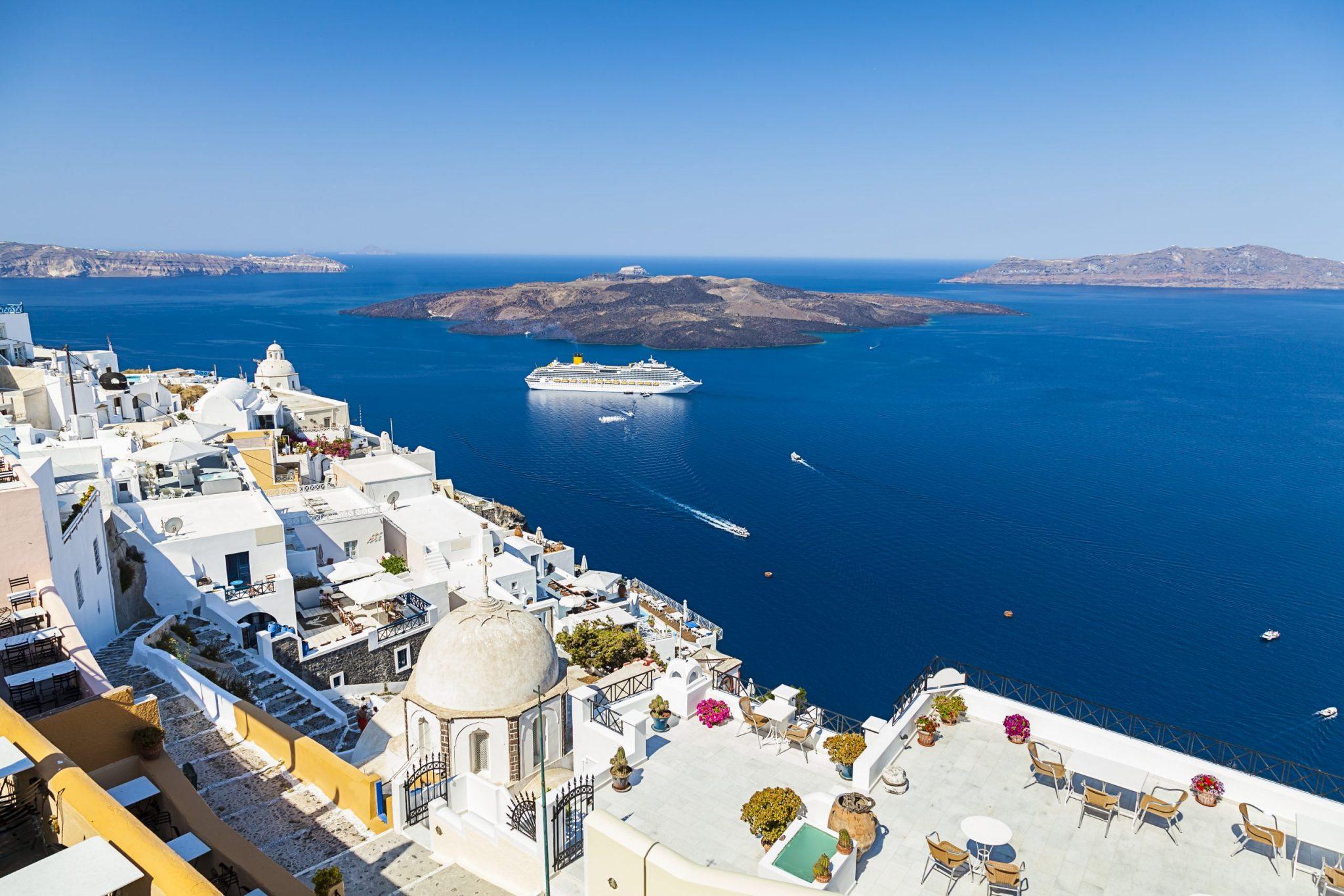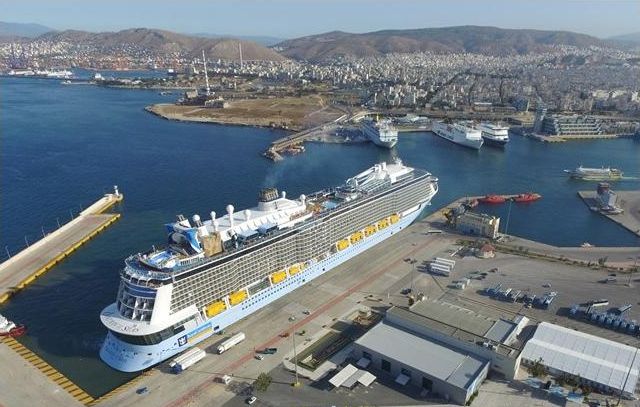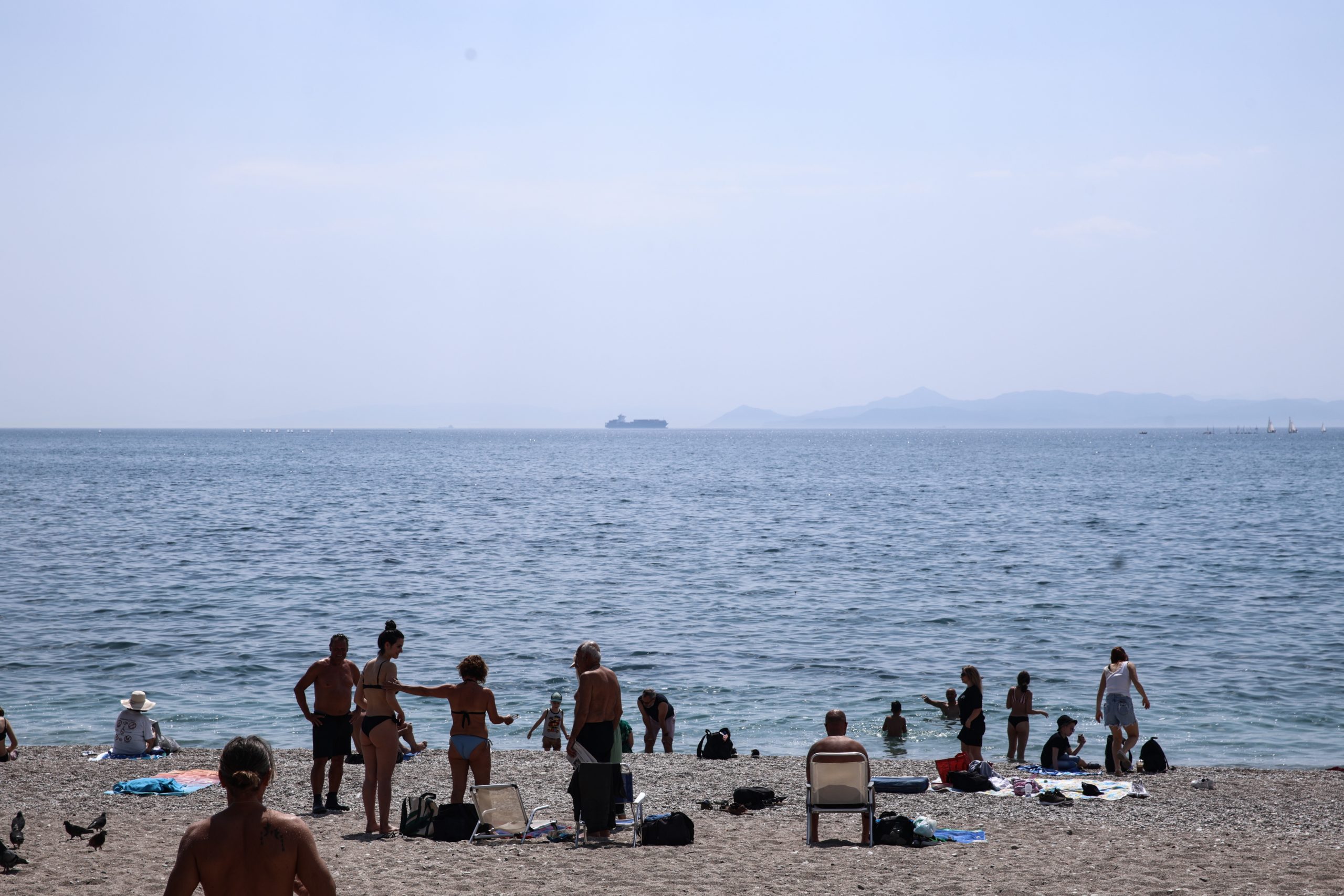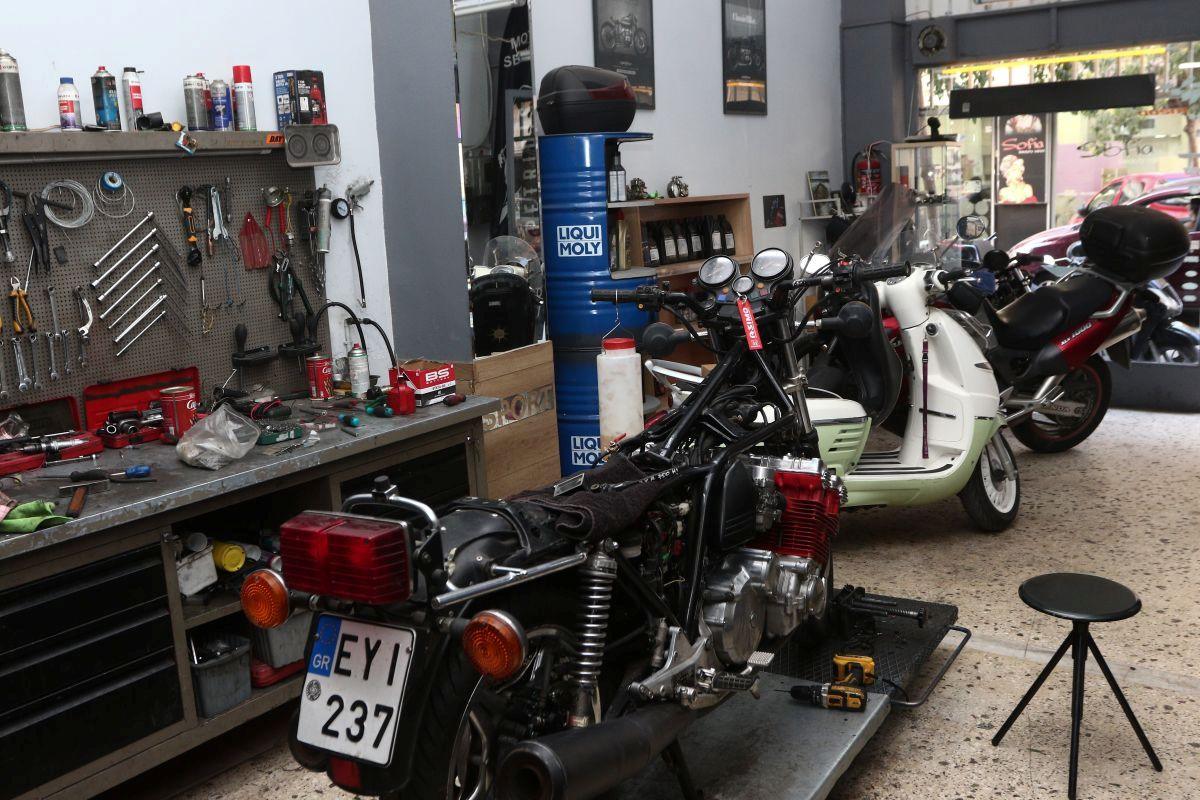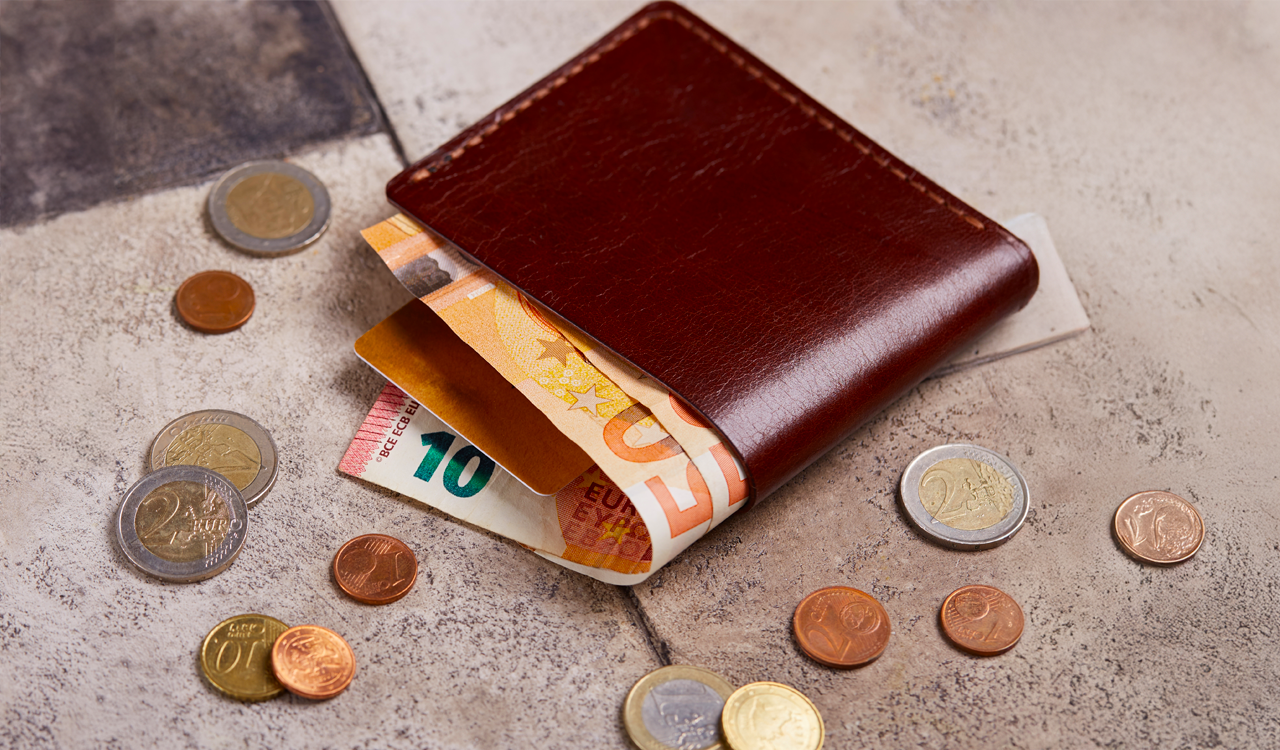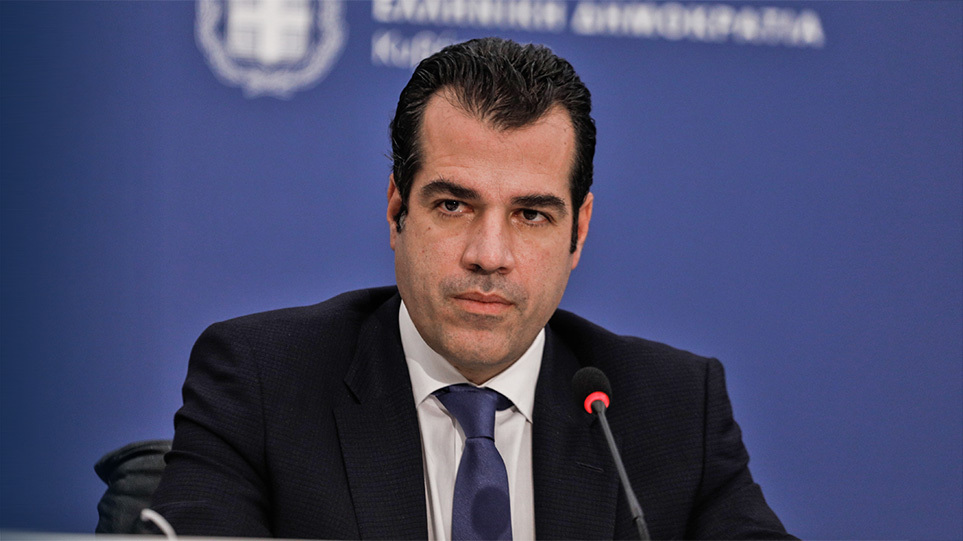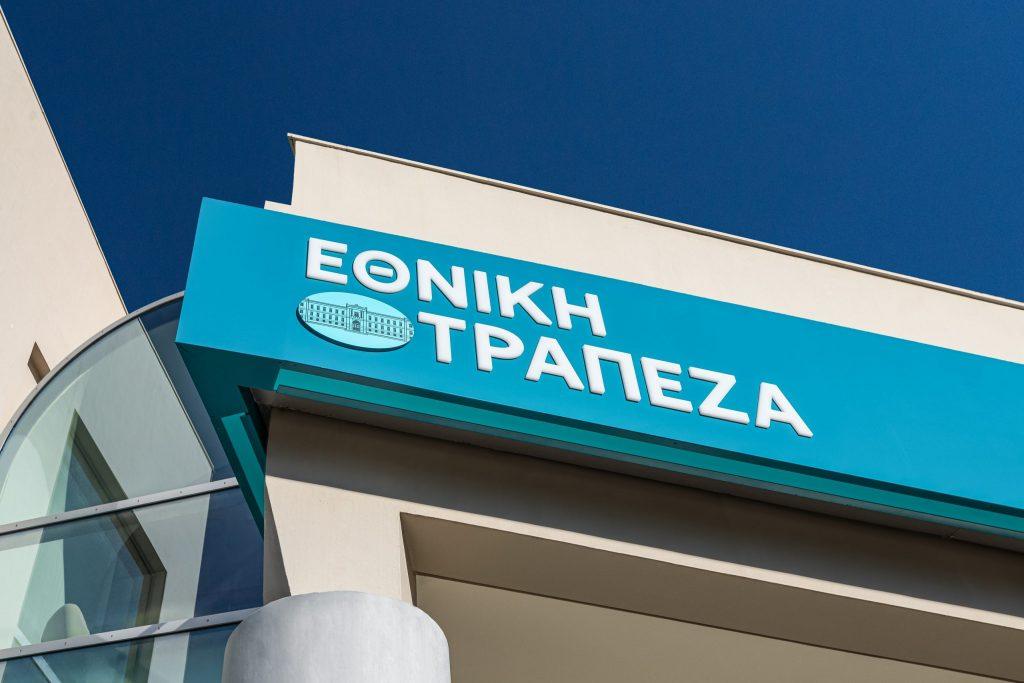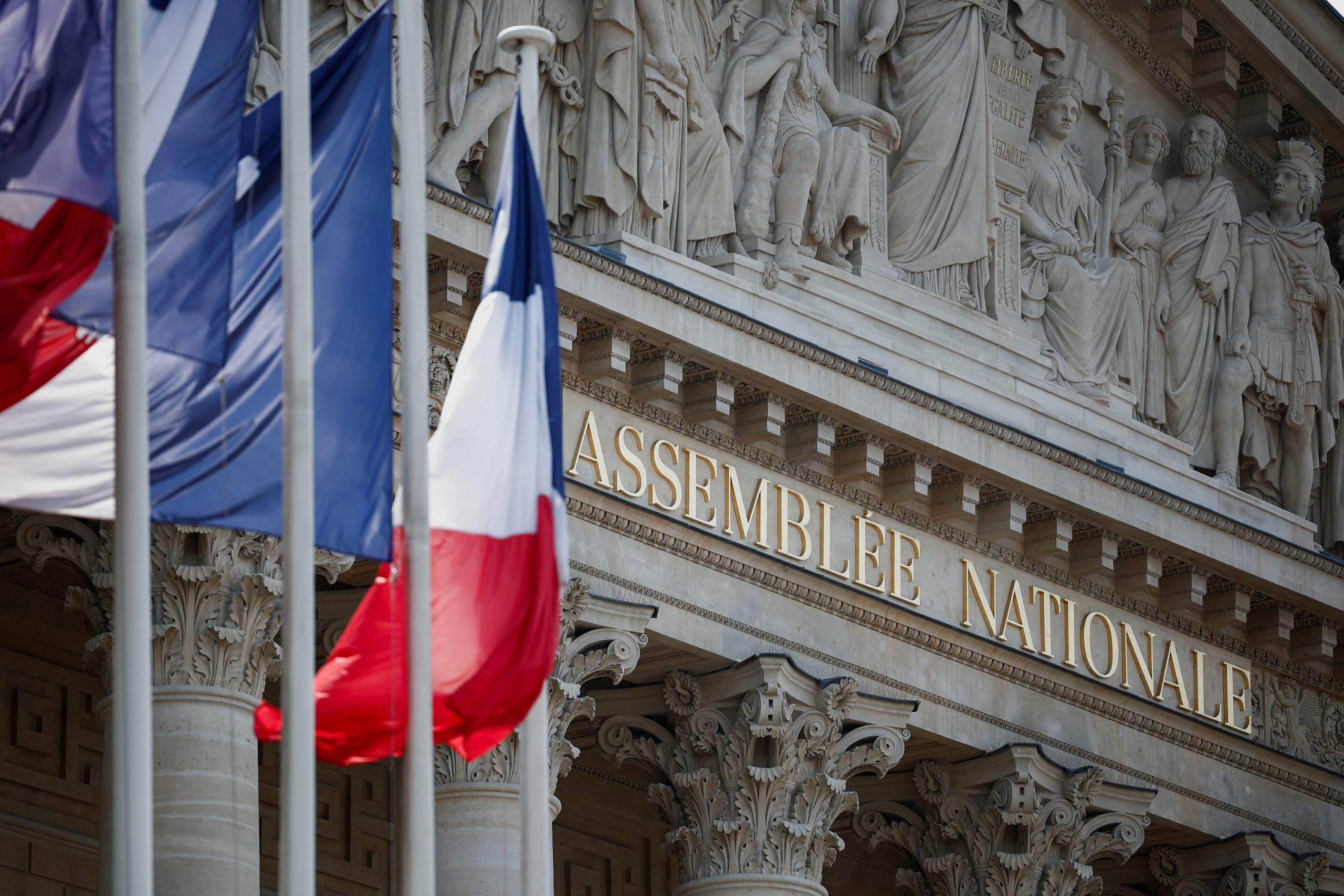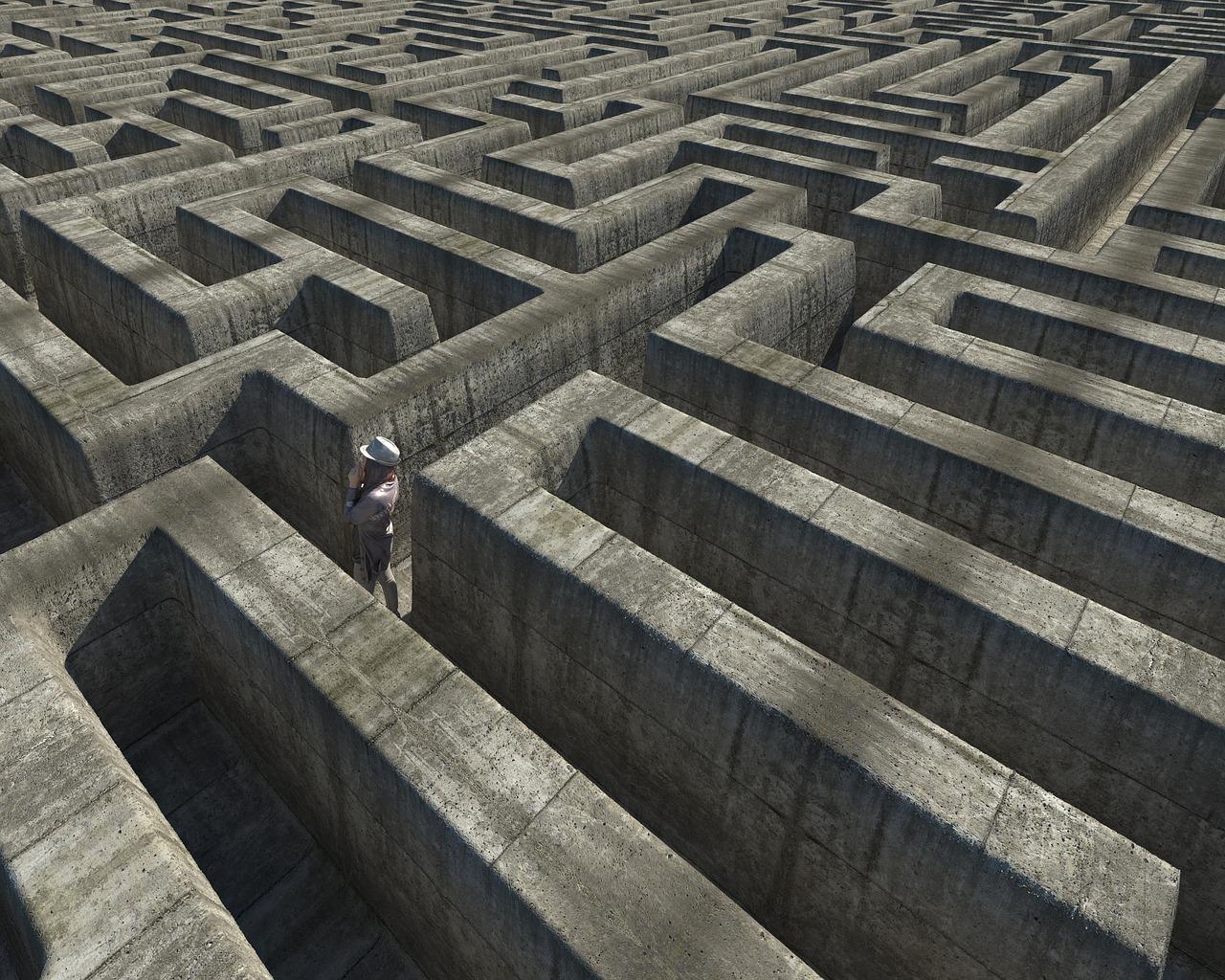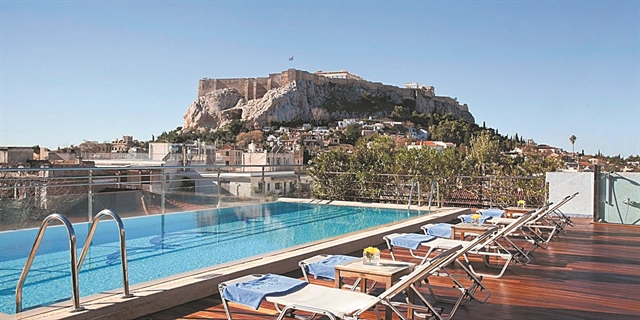Two years of pandemic lockdowns and lockdowns have flattened some business sectors, hit several others, but left some largely unaffected. The spirits industry is one of them. The expenditure of European households on the purchase of alcoholic beverages reached 128 billion euros in 2021, i.e. they touched 1% of the GDP of the European Union, according to the data on the consumption expenditure of Europeans announced a few days ago by Eurostat.
2021 was the year that vaccines against Covid-19 were released and the European market gradually began to “open up”. But it was also a year of recession for many European economies.
Alcohol consumption varies from country to country in both quantity and expenditure as a percentage of the household budget. Because it is clear that alcohol is not taxed equally in every EU member state. Which means that higher or lower spending on alcohol between countries should not be interpreted as higher or lower consumption if you compare them.

1.8% of the budget
If one compares the total expenditure for the purchase of alcohol in absolute terms, one finds that the countries with the largest populations reasonably dominate. Thus, German consumers spent a total of 26.8 billion euros in 2021 on the purchase of alcoholic beverages. The French spent 22.7 billion euros, the Poles 11.7 billion euros and the Italians 10.5 billion euros.
As far as the shares of the family budget occupied by the market for alcoholic beverages in the EU are concerned, the differences are reasonably strong due to different taxation or the consumption of tax-free products, i.e. “private production” – something that is certainly prohibited in all member states . The average percentage of their income that European households spend on alcohol is 1.8%.
Heavy drinkers
As can be seen in the table, the Baltic countries, Poland, the Czech Republic and also countries of northern and colder Europe such as Finland are in the first places of the ranking. The spending of the Balkan Croats on alcohol is also noteworthy.
Greece shares with Italy the last place on the table. Greek and Italian households spend just 1% of their income on alcohol. But this does not mean that the Greeks are not heavy drinkers. As far as Greece is concerned, the percentage of expenditure appears low mainly due to the low taxation of alcohol – as well as tobacco products.
It is well known to all Europeans who visit Greece that here they will find the cheapest drinks and cigarettes but also the most expensive milk. In any case, the “golden bottle opener”, as Charles Plantat characteristically writes in “Figaro”, goes to Latvia, where “the population spends 5% of their piggy bank on alcohol”.
Belt tightening
Regarding alcohol sales (for home consumption of course) Eurostat confirmed the inelasticity of the product. Household spending (as a share of the total) in the difficult year of 2021 declined across the board, but not as much as one would expect given the difficult economic conditions.
“Only in Croatia, in 2021, an increase in the percentage of household spending on the purchase of alcoholic beverages was observed. The biggest decrease was recorded in Ireland (0.5%), Latvia and Lithuania (0.4%), Spain and Estonia (0.3%),” notes the official EU Statistics Service.
In Greece, spending on alcohol as a percentage of total family budgets remained unchanged. In our country, however, Eurostat recorded the biggest drop in spending in absolute terms among all 27 EU member states (1.7%). Spending fell by 1.4% in absolute terms in Lithuania and by 1.3% in Estonia, Croatia and Slovenia.


